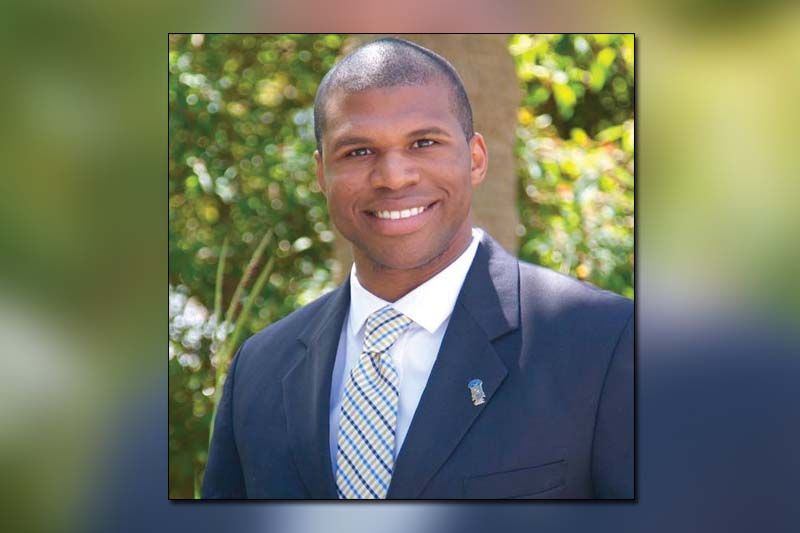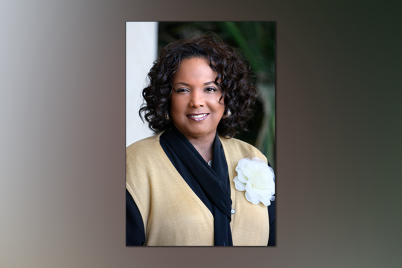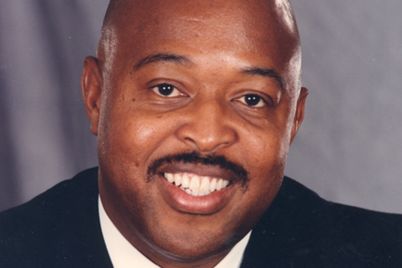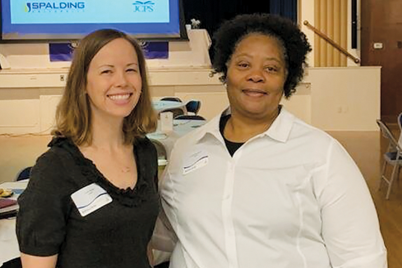Dear Editor:
It has been over a decade since two African Americans have served on the St. Petersburg City Council simultaneously. The Nov. 2019 General Election will change that.
On Tuesday night, Aug. 27, four black female candidates claimed victory in St. Petersburg’s City Council Primary Election — results widely hailed as a reaction to the lack of representation of people of color in local government.
In District 5, we see two well-known leaders in the black community facing off to replace term-limited Councilman Steve Kornell, and in District 7, we have an establishment candidate going head-to-head with a millennial activist running on a platform of reparations.
Both Districts 5 and 7 are considered two of the city’s three “minority-majority” districts, along with District 6, a seat currently held by a Caucasian female who is not currently up for re-election. Each of these seats, respectively, was carved out specifically to give African-American voters a voice, a vote and validation.
Whichever way this election goes in eight weeks, for the first time this century, voters will see a woman of color representing District 5.
District 5 encompasses a number of south St. Petersburg neighborhoods, including Maximo Moornings and Lakewood Estates. Trenia Cox and Deborah Figgs-Sanders are both vying to be the winner in November.
Both of whom have significant name recognition and a long track record of service to their communities. Cox garnered 35 percent of the vote compared to Figgs-Sanders 29.6 percent. One candidate has full-support of the Democratic Party establishment and the other has embraced bipartisan support from across the county.
District 7 includes many of the city’s most economically impoverished neighborhoods, such as Jordan Park, Childs Park and other portions of Midtown. The incumbent, Lisa Wheeler-Bowman, is a political machine who knows how to fundraise.
Her 22-year-old Uhuru-backed opponent, Eritha “Akile” Cainion, has also amassed a war chest of her own, which she will need running in a city-wide race. Some have argued that they’ve seen no change in the district since the incumbent was elected four years ago. Others believe things are progressing naturally.
The hurdles to city-wide elections are historically high. First of all, it costs a lot of money to run a successful citywide campaign — roughly $75,000. These relatively steep fundraising demands have traditionally favored the “politically connected.”
Without single-member districts, candidates must assemble broad winning alliances. All these conditions have historically favored white candidates. This election gives St. Petersburg’s voters something new.
This is an opportunity for residents to compare candidates and ask the tough questions: Who would you most want to represent you? And what have they done for your community?
The overall voter turnout for the primary was less than 17 percent, which is average for an off-year election. Democracy is a right that our ancestors died for, and it must not be taken lightly. The right to vote is sacred; voting empowers the constituent and the community, as a whole.
One can only remain optimistic and hope that when voters make their way to the polls Nov. 5, the race becomes less about race and more about aptitude and experience.
Respectfully,
Corey Givens, Jr., President
Poor People’s Campaign St. Petersburg








